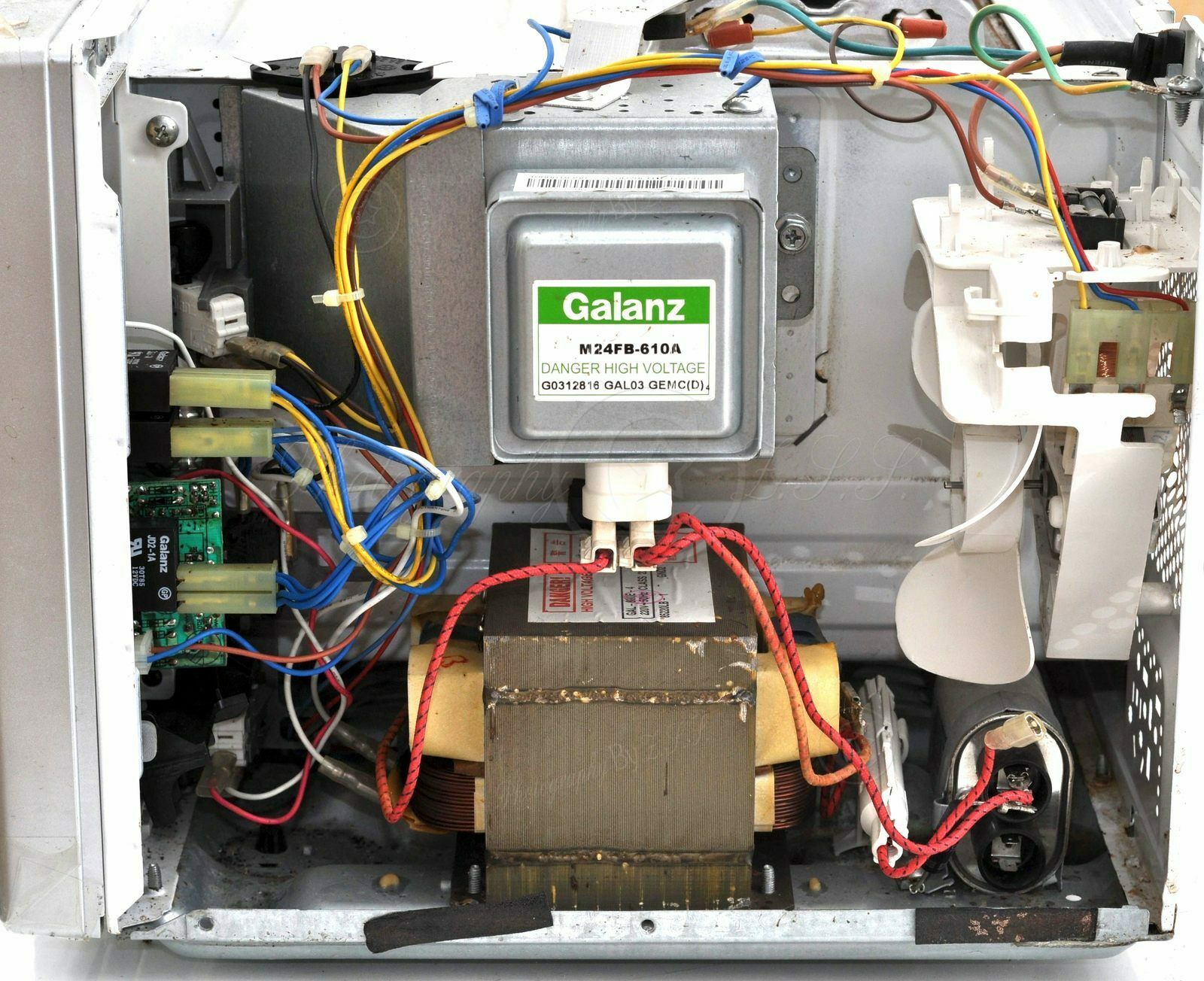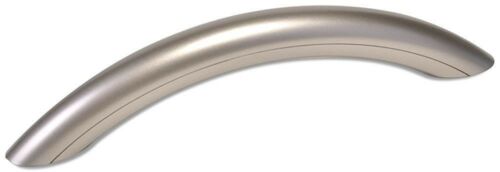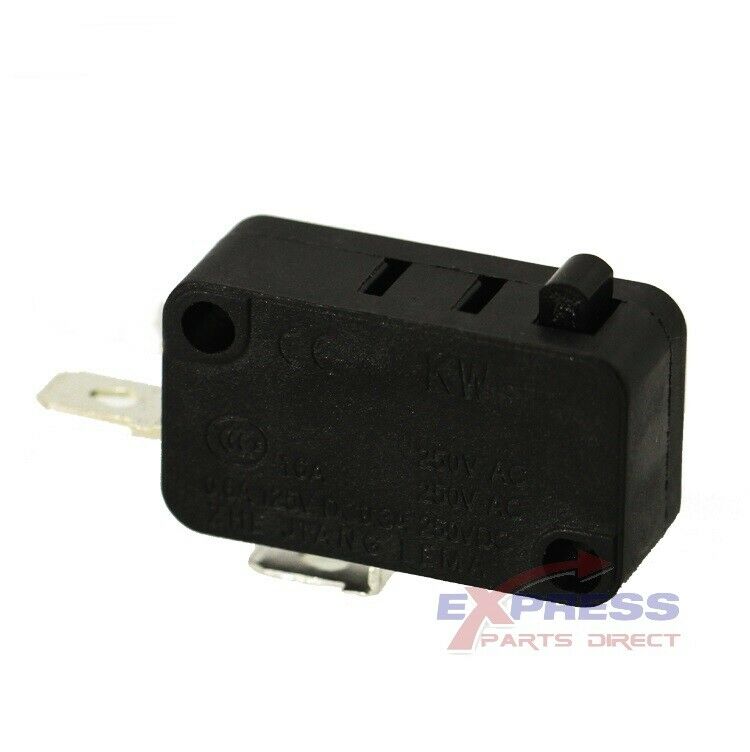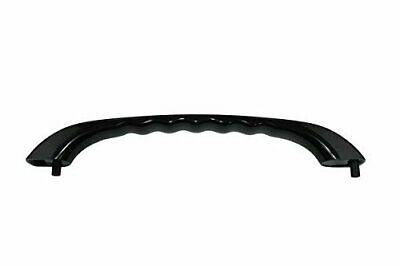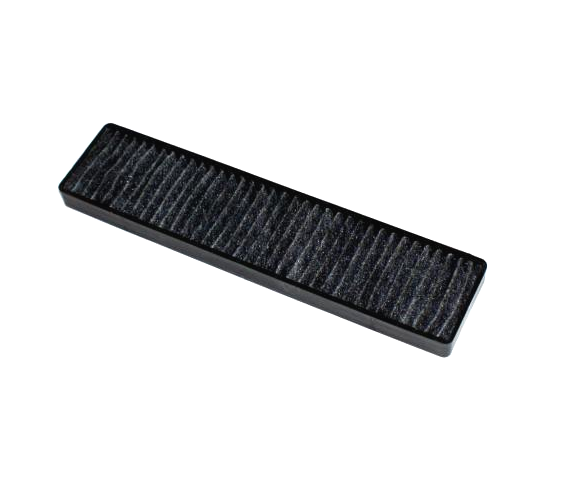-40%
2x Universal Microwave Oven Magnetron Tube Pin Terminal For Galanz Midea Haier
$ 6.33
- Description
- Size Guide
Description
2x Universal Microwave Oven Tube Pin Magnetron Filament Terminal Connector Repair Part For Galanz Midea Haier Used for Microwave Oven Magnetron Filament Terminal Connector Repair. This spare part suits many OEM brands including: For Midea, For Galanz, For Haier, etc. Eco-friendly, easy installation. Made of high quality material, lasting many years. Perfect accessories for microwave oven. The Number(Brand) and Characters on the Unit,Have No Practical Significance,Just For Reference! As long as they look the same or similar,they can be used for your device! If Your Old Unit Part's Dimensions and Appearance are the same it can works for you! Specification: Fit for: Microwave Oven Pin number: 4 Pin Material: Plastic Total Size 5 x 3.2 x 2cm/2" x 1.26" x 0.78"(L*W*T) Mounting Hole Dia 3.2x Universal Microwave Oven Tube Pin Magnetron Filament Terminal Connector Repair Part For Galanz Midea Haier
Used for Microwave Oven Magnetron Filament Terminal Connector Repair.
This spare part suits many OEM brands including:
For Midea, For Galanz, For Haier, etc.
Eco-friendly, easy installation.
Made of high quality material, lasting many years.
Perfect accessories for microwave oven.
The Number(Brand) and Characters on the Unit,Have No Practical Significance,Just For Reference!
As long as they look the same or similar,they can be used for your device!
If Your Old Unit Part's Dimensions and Appearance are the same it can works for you!
Specification:
Fit for: Microwave Oven
Pin number: 4 Pin
Material: Plastic
Total Size 5 x 3.2 x 2cm/2" x 1.26" x 0.78"(L*W*T)
Mounting Hole Dia 3.5mm/0.14"
Color: White
Package Included:
2 x Microwave Oven Tube Pin
----( Random Color / Type Will Be Sent Out As Default )
Detection method of microwave oven magnetron:
The magnetron is a key component of the microwave oven. It is mainly composed of a tube core and a magnet. The tube core is
composed of a cathode, a filament, an anode, and an antenna (waveguide). Its working principle is: after the power is turned
on, the 3.3V alternating current generated at both ends of the secondary filament coil of the high-voltage transformer
supplies power to the magnetron filament. At the same time, the about 2000V AC high voltage generated by the high voltage
winding is limited by the high voltage capacitor. After the diode rectifies, about 2000V DC high voltage is added to the
anode of the magnetron to form an accelerating electric field (the anode is grounded, and the cathode is actually negative
2000V). The electrons emitted from the cathode (direct heating and indirect heating, in Figure 2) are accelerated to the
anode. In the process of accelerating the electron to the anode, it is also affected by the strong magnetic field in the
vertical direction formed by the permanent magnet. Therefore, the electron is rotating and accelerating toward the anode
(just like the movement of a bullet in a barrel). It also keeps getting faster. The anode is made into an internal gear
shape, forming an even number of cavities, called resonant cavities. Each resonant cavity is a microwave resonator, and its
resonant frequency depends on the size of the resonant cavity. The electrons oscillate when they pass through the fan-shaped
cavity. And the frequency keeps increasing. When the frequency reaches 2400MHz, microwaves are formed, emitted from the
waveguide port, and then transmitted to the furnace to heat the food.
The quality of the magnetron is mainly to measure the filament (for the direct heating type is the cathode, most of which
are currently the direct heating type). Including whether the inductance coil with the magnetic rod as the iron core is
open, that is, the lead ends of the filament on the magnetron should be connected (but the resistance of the shell should be
infinite), and the normal resistance should be less than 1Ω. This is also a sign of judging whether it is aging. The smaller
the value, the better. If it is greater than 1Ω, it means aging. It is best to pay attention to the power and mounting pin
position consistent with the original tube when replacing. If the power is too small, the original heating effect cannot be
achieved (although the magnetron power has some room for adjustment); if the power is too large, it may damage the
high-voltage converter or high-voltage rectifier diode. In addition, for the characteristics of the high-pressure fuse.
Mainly it has a longer shape (4cm) and has a time-delay feature. It is installed in a special insulated fuse box and cannot
be replaced by an ordinary fuse. Some people use the 3.15A time-delay fuse used in color TVs instead. Not only the fusing
current is too large, it does not provide insurance, and its short length does not meet the high-voltage requirements.
Filament cold resistance: use a multimeter, the same below. R×1k block test, normally less than 1 Q (usually tens of mΩ, the
resistance between the filament and the tube case is measured with R×10k block, and it is normally infinite.
Large filament resistance is one of the common reasons for the low output power of the magnetron If the measured filament
resistance is large, do not easily judge that the magnetron is broken or aging. Practice shows that most of this situation
is the contact resistance formed after the magnetron filament pin or socket is oxidized and fouled.
It is also the measurement error. It is usually caused by the contact resistance between the test lead of the multimeter and the measuring
point, or the test lead and the socket. The problems of the magnetron itself are rare. Generally, only the service life has
expired, long-term overload work or a few magnetic products with quality defects. This kind of failure can happen to the
control tube. Therefore, when testing, the multimeter should be normal and the measurement method should be correct. Second,
the magnetron pin should be sanded or scraped, and the dirt and oxide should be removed before measuring. If measuring the
resistance If it is still large, it can be judged that the magnetron is bad.
The open circuit of the filament is mostly caused by the damage of the magnetron itself. Generally speaking, it has to be
replaced with a new tube. However, a few open circuit of the magnetron filament is caused by the lead wire unsoldering. When
repairing, you can pry off the filament base, then use wire pliers to clamp the lead and the connecting piece, and then use
a soldering iron to solder firmly.



